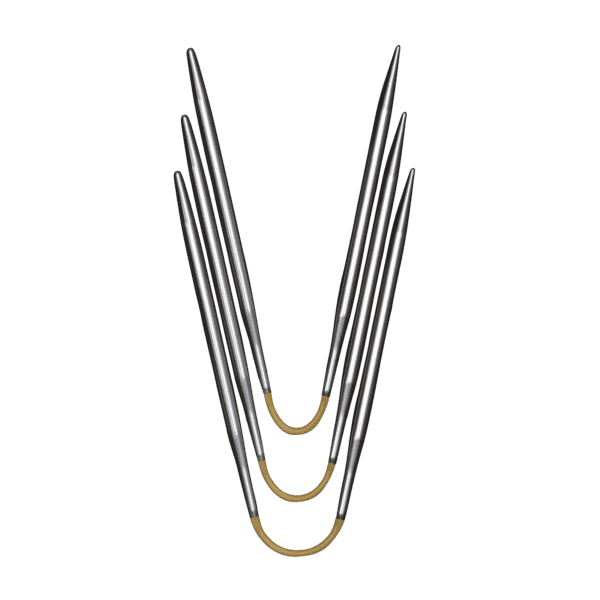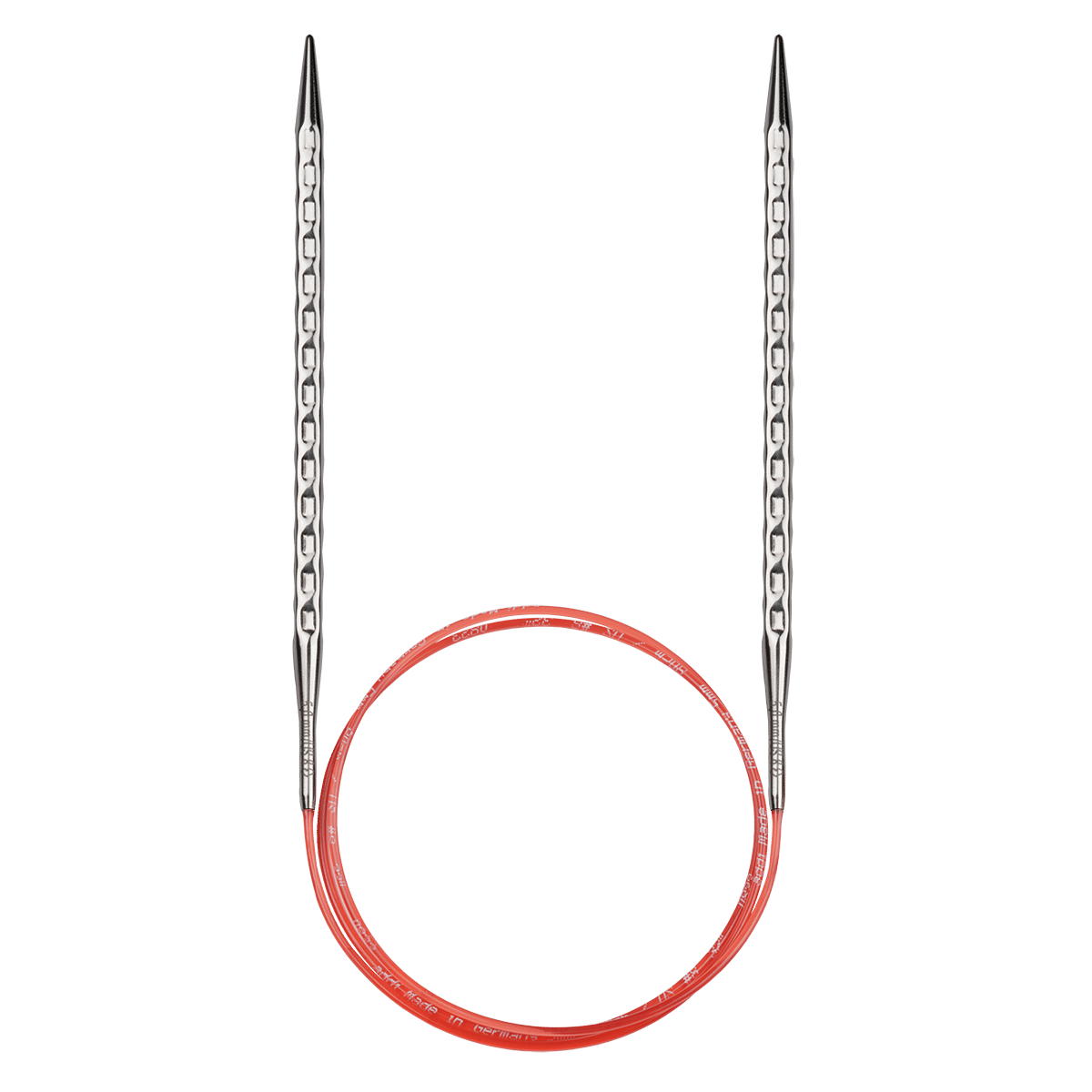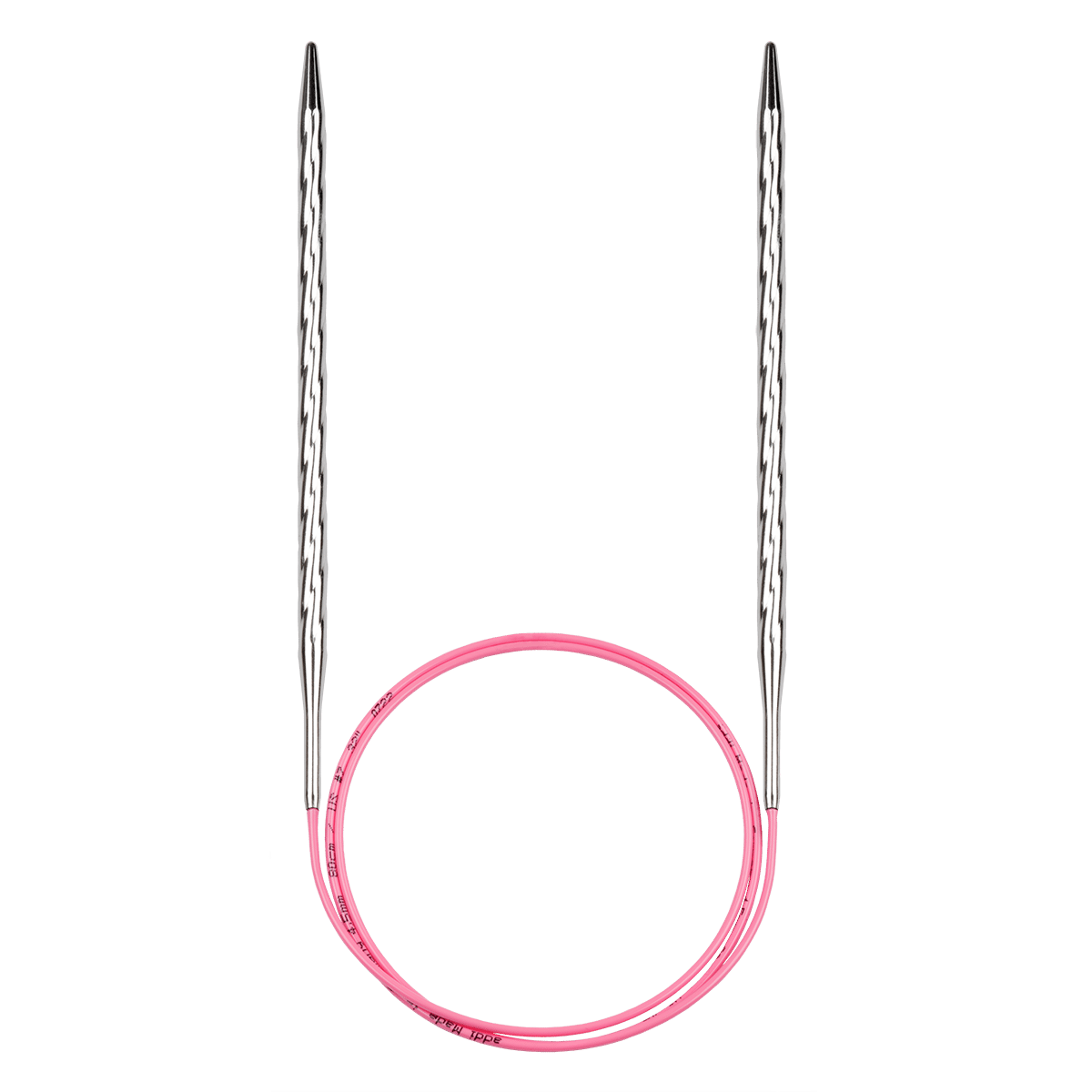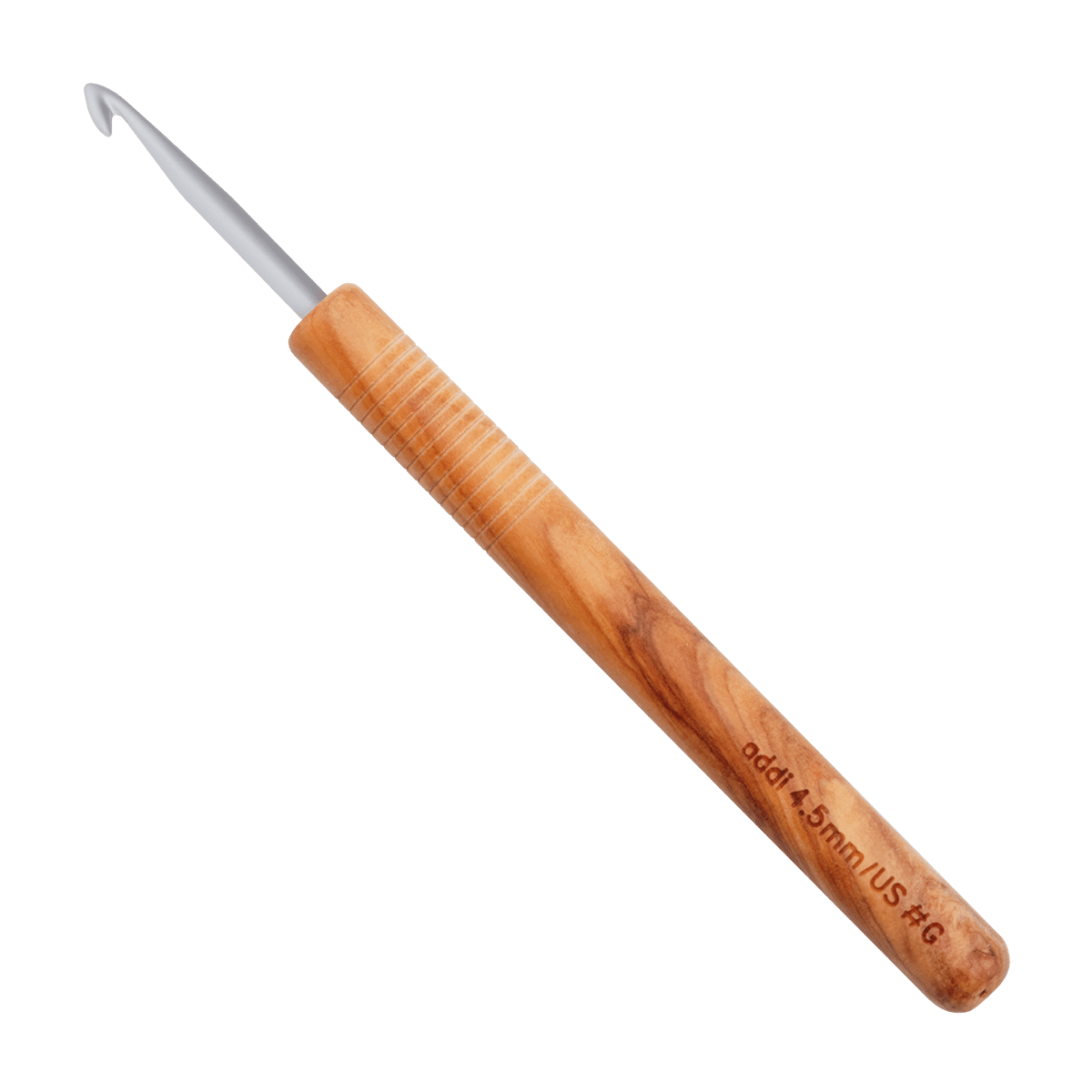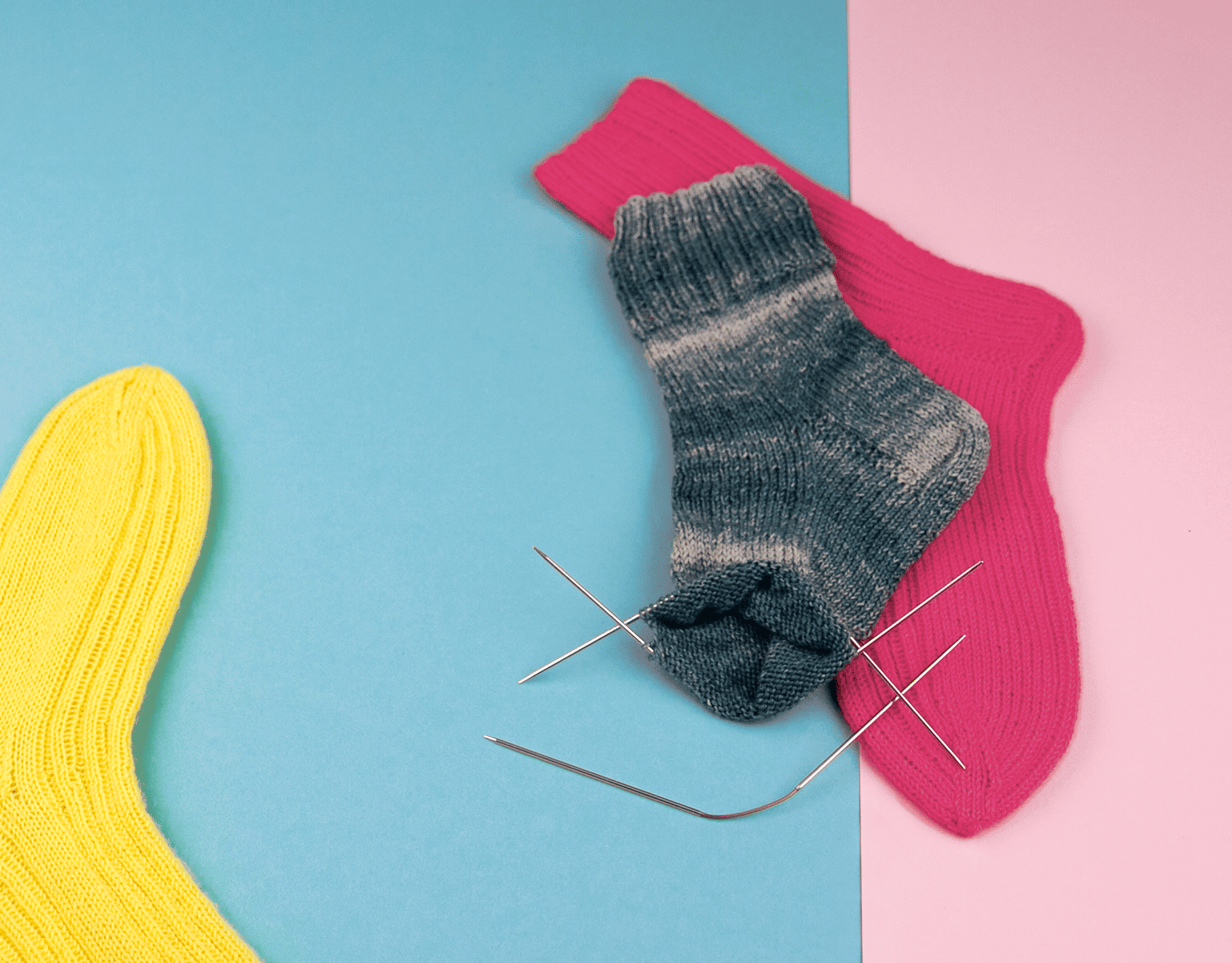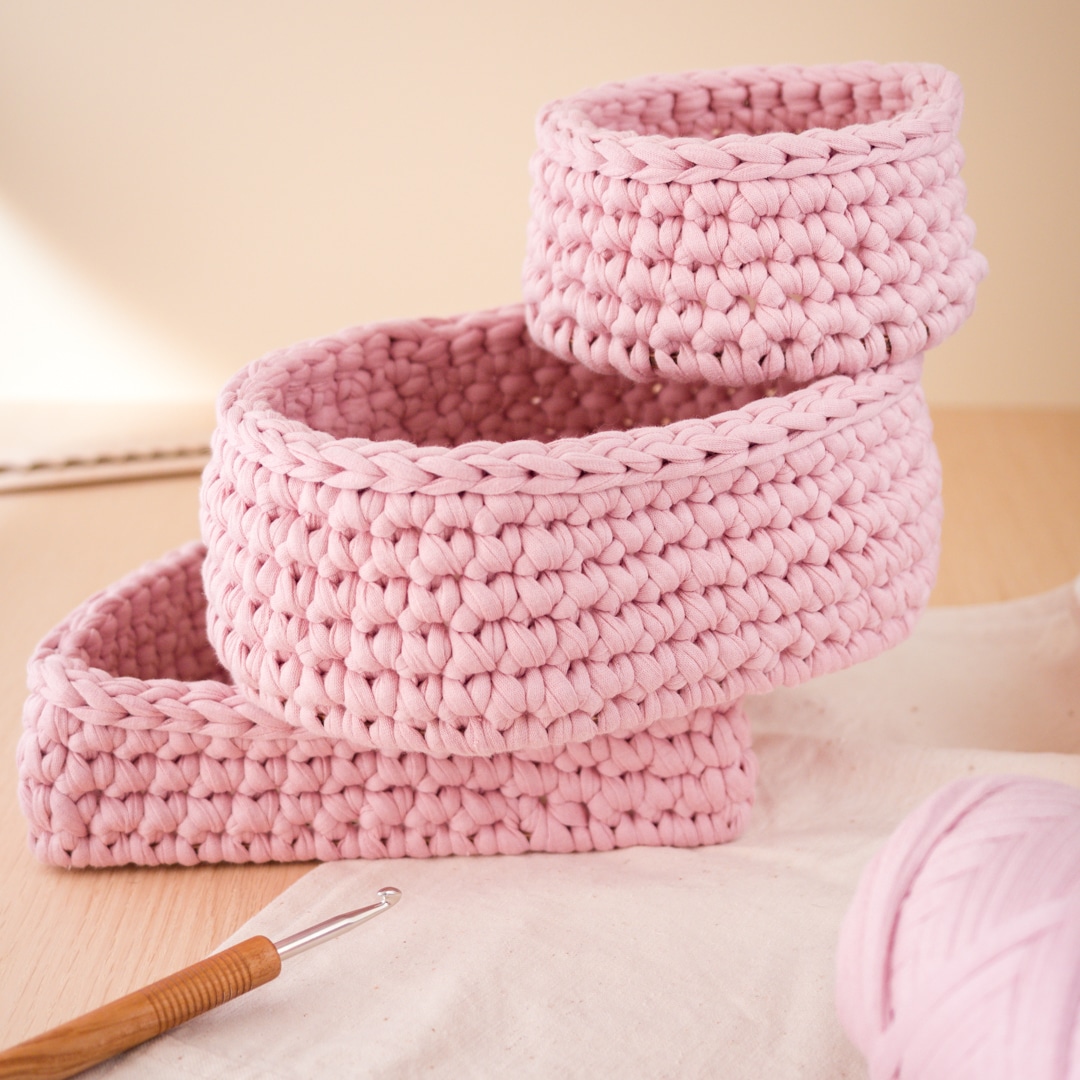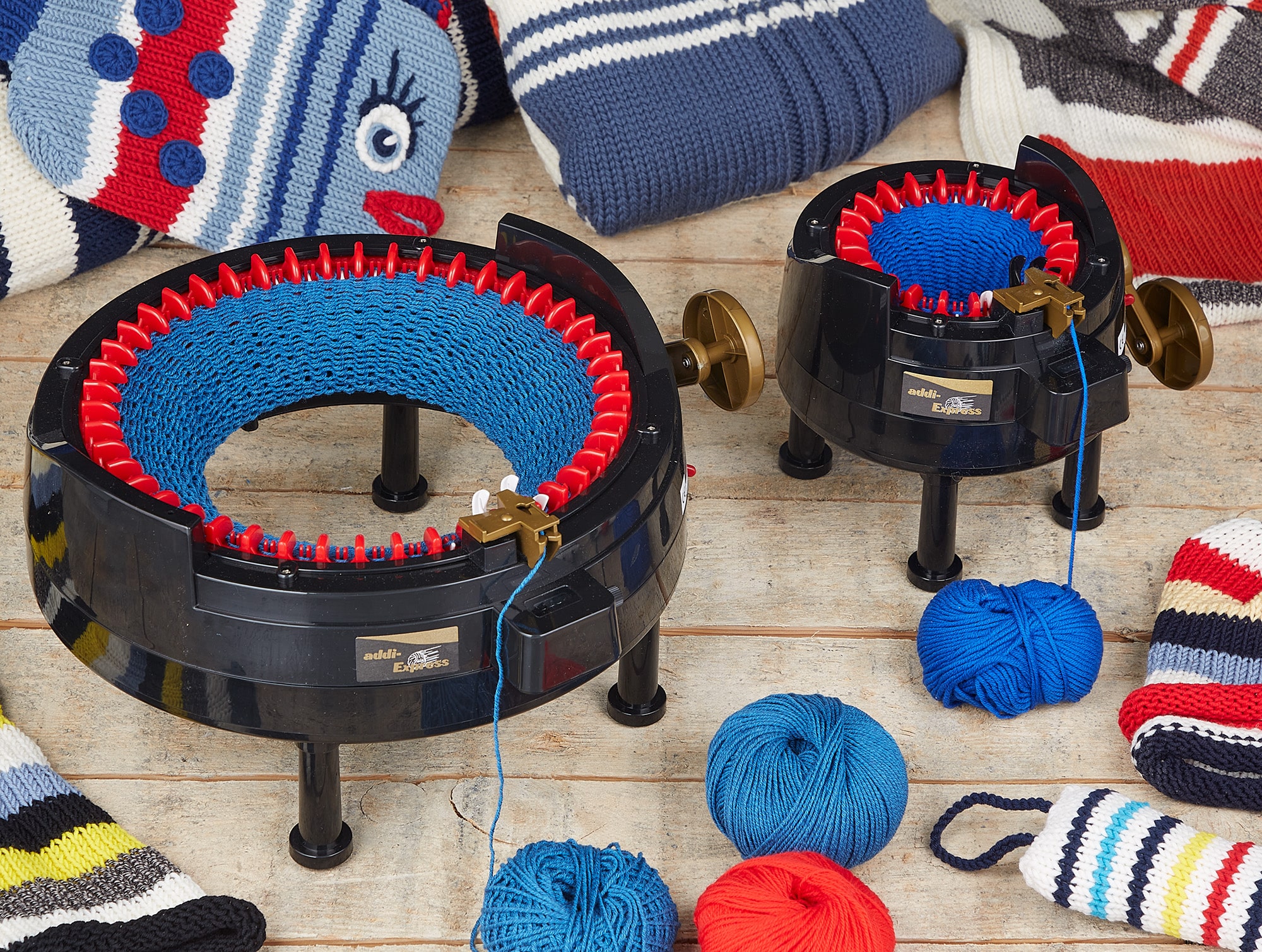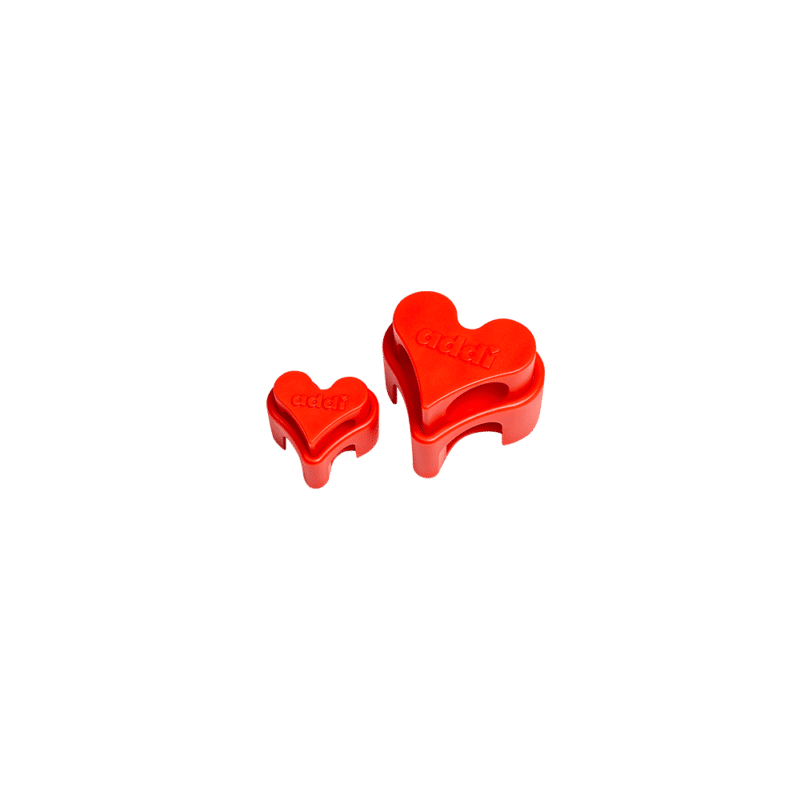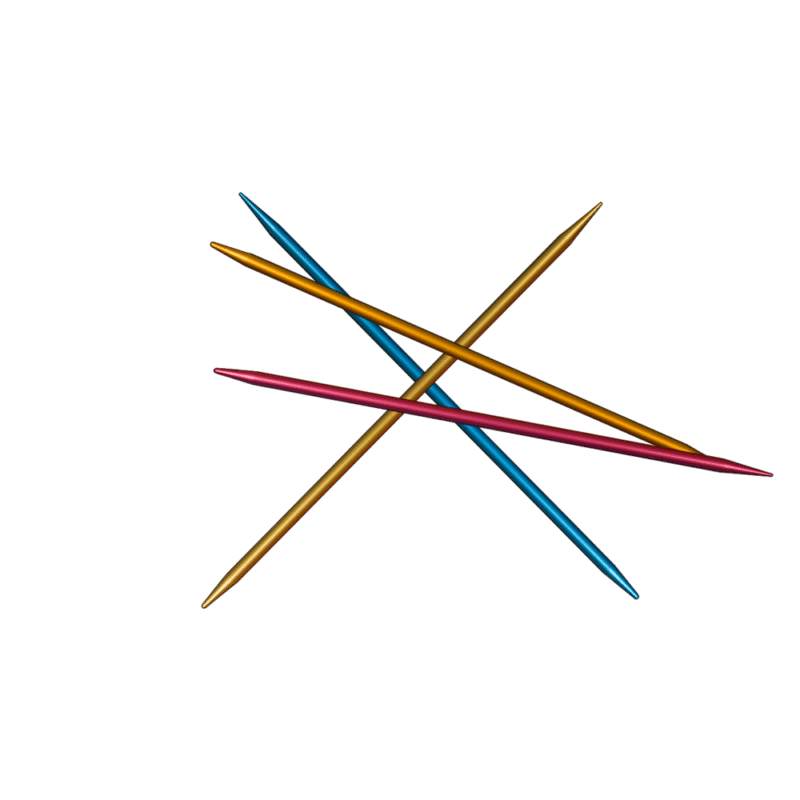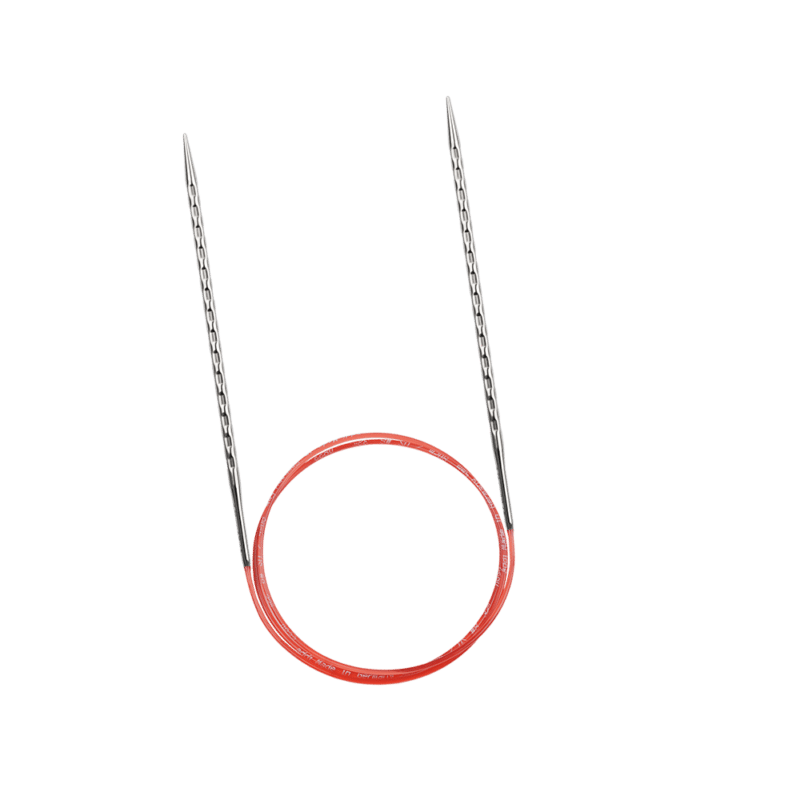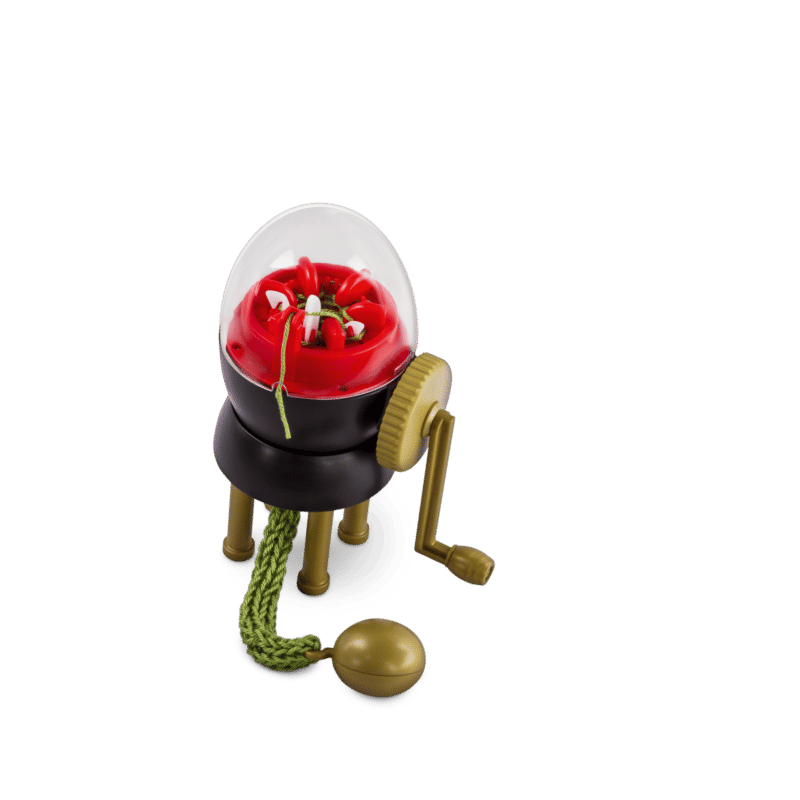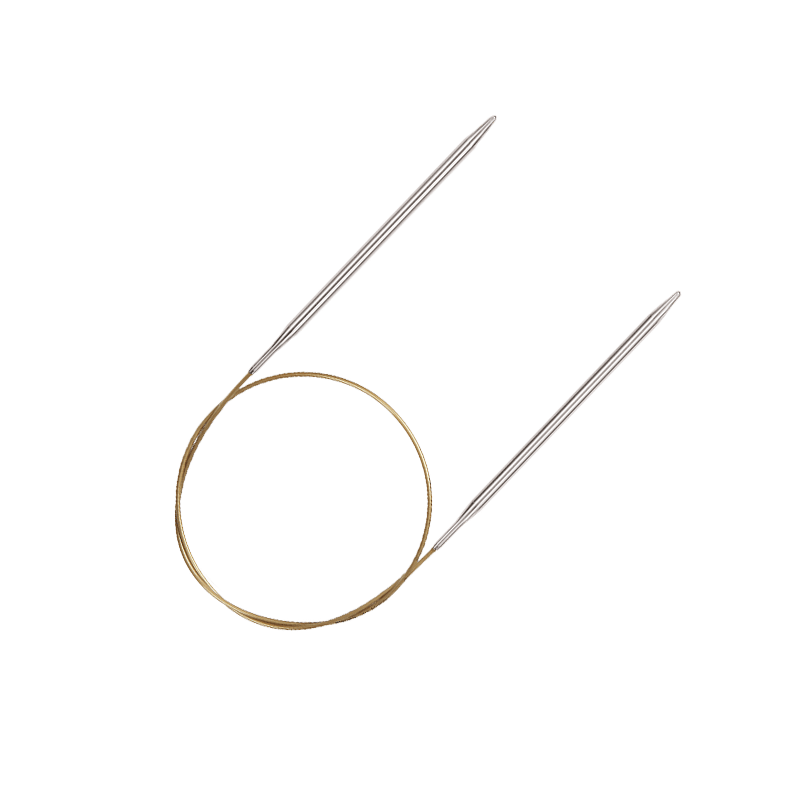Was bedeutet eigentlich „addi“?
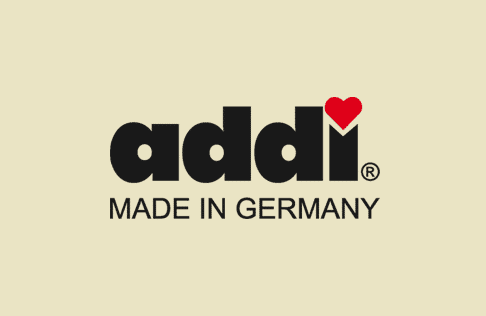
Immer wieder, wenn Führungen durch das Werk von „addi“ gemacht werden, kommen am Ende die Fragen auf: „Wie könnt Ihr gegen die Konkurrenz aus Asien und anderen Billigländern bestehen?“ und „Was heißt eigentlich addi?“
There is always great astonishment
- about the company's founding year of 1829
- about our constant growth over the last few years
- about the fact that more than 80 % of addi products are exported abroad - to Asia and Mexico, among others.
addi – quality made in Germany
Die entscheidende Antwort auf die Frage nach der Produktion in Deutschland gegen die Produktion in Billigländern ist die Qualität.
Thomas Selter, der Chef von „addi“, er innert sich an eine Begegnung mit einer Einzelhändlerin vor vielen Jahren. Sie sagte: „Eine Strickerin strickt nicht nur ein paar Minuten, sondern stundenlang und immer wieder. Deswegen kennt sie jeden Quadratmillimeter ihrer Nadel. Jedes Detail der Oberfläche und bei den Rundstricknadeln natürlich insbesondere die Qualität des Übergangs und die richtige Flexibilität des Seils.“
Das haben wir uns zu Herzen genommen und feilen seitdem immer wieder an der Qualität unserer Nadeln, was uns große Hochachtung einbringt. Die addi Reklamationsquote liegt bei unseren Standardnadeln bei unter 1 %. Das heißt, von rund 1.000 Nadeln wird nur 1 reklamiert.
addi product range
We have over 1000 different items in our product portfolio and around 20,000 products leave our factory every day – and that is further proof of our reputation for quality and reliability. That is why several million euros have been invested in new buildings, new machinery, new processes and new products at our site in Altena over recent years. Results for the first six months of 2017 have been extremely satisfactory with growth into two figures in both Germany and abroad.
And what does addi mean?
Das ist ganz einfach. Die Mutter des jetzigen Inhabers, Hella Selter, hat schon in den 1950er Jahren intuitiv Marketing betrieben und einen Katalog herausgebracht. Das war damals eine Sensation. Man arbeitete damals mit Schreibmaschinen, mit denen ein Brief bei einem Fehler komplett neu geschrieben werden musste, Verträge wurden per Handschlag geschlossen, Aufträge kamen oftmals noch handschriftlich und das Wort Marketing gab es noch gar nicht. Insofern war der Katalog eine Sensation und Hella Selter setzte noch einen drauf. Sie suchte nach einem Markennamen. Ihr Ehemann hieß Gustav Adolf Selter und der Name Adolf war nach dem zweiten Weltkrieg kein sehr beliebter Vorname.
Aber die Abkürzung hieß „Addi“ und wurde damit gar nicht in Verbindung gebracht. Diesen Spitznamen hat Hella Selter genommen und als Marke „addi“ eingesetzt und wusste wahrscheinlich gar nicht, wie vorteilhaft es war, dass dieser Name weltweit völlig unproblematisch verstanden und ausgesprochen werden kann.
And if you would like to find out more, why not get together a few colleagues or customers and sign up for a tour of the factory. Please click here to read the spanish report
Immer wieder, wenn Führungen durch das Werk von „addi“ gemacht werden, kommen am Ende die Fragen auf: „Wie könnt Ihr gegen die Konkurrenz aus Asien und anderen Billigländern bestehen?“ und „Was heißt eigentlich addi?“
There is always great astonishment
- about the company's founding year of 1829
- about our constant growth over the last few years
- about the fact that more than 80 % of addi products are exported abroad - to Asia and Mexico, among others.
addi – quality made in Germany
Die entscheidende Antwort auf die Frage nach der Produktion in Deutschland gegen die Produktion in Billigländern ist die Qualität.
Thomas Selter, der Chef von „addi“, er innert sich an eine Begegnung mit einer Einzelhändlerin vor vielen Jahren. Sie sagte: „Eine Strickerin strickt nicht nur ein paar Minuten, sondern stundenlang und immer wieder. Deswegen kennt sie jeden Quadratmillimeter ihrer Nadel. Jedes Detail der Oberfläche und bei den Rundstricknadeln natürlich insbesondere die Qualität des Übergangs und die richtige Flexibilität des Seils.“
Das haben wir uns zu Herzen genommen und feilen seitdem immer wieder an der Qualität unserer Nadeln, was uns große Hochachtung einbringt. Die addi Reklamationsquote liegt bei unseren Standardnadeln bei unter 1 %. Das heißt, von rund 1.000 Nadeln wird nur 1 reklamiert.
addi product range
We have over 1000 different items in our product portfolio and around 20,000 products leave our factory every day – and that is further proof of our reputation for quality and reliability. That is why several million euros have been invested in new buildings, new machinery, new processes and new products at our site in Altena over recent years. Results for the first six months of 2017 have been extremely satisfactory with growth into two figures in both Germany and abroad.
And what does addi mean?
Das ist ganz einfach. Die Mutter des jetzigen Inhabers, Hella Selter, hat schon in den 1950er Jahren intuitiv Marketing betrieben und einen Katalog herausgebracht. Das war damals eine Sensation. Man arbeitete damals mit Schreibmaschinen, mit denen ein Brief bei einem Fehler komplett neu geschrieben werden musste, Verträge wurden per Handschlag geschlossen, Aufträge kamen oftmals noch handschriftlich und das Wort Marketing gab es noch gar nicht. Insofern war der Katalog eine Sensation und Hella Selter setzte noch einen drauf. Sie suchte nach einem Markennamen. Ihr Ehemann hieß Gustav Adolf Selter und der Name Adolf war nach dem zweiten Weltkrieg kein sehr beliebter Vorname.
Aber die Abkürzung hieß „Addi“ und wurde damit gar nicht in Verbindung gebracht. Diesen Spitznamen hat Hella Selter genommen und als Marke „addi“ eingesetzt und wusste wahrscheinlich gar nicht, wie vorteilhaft es war, dass dieser Name weltweit völlig unproblematisch verstanden und ausgesprochen werden kann.
And if you would like to find out more, why not get together a few colleagues or customers and sign up for a tour of the factory. Please click here to read the spanish report
